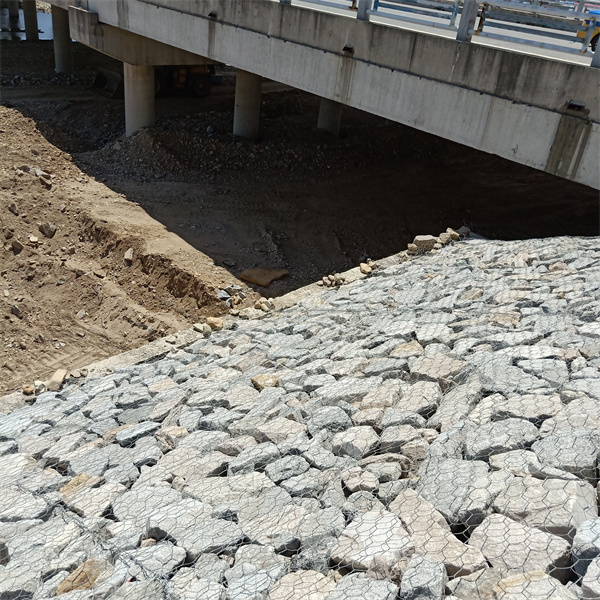Sep . 16, 2024 23:11 Back to list
High-Quality Gabion Steel Mesh | Durable & Versatile Solutions
Exploring Gabion Steel Mesh Factories An Insight into Sustainable Construction Solutions
In recent years, gabion structures have gained immense popularity in the fields of civil engineering and landscape architecture. At the heart of this trend are gabion steel mesh factories, which play a crucial role in producing the necessary materials for these innovative constructs. Gabions, typically made from hexagonal wire mesh filled with rocks, soil, or other materials, serve various purposes, including erosion control, noise reduction, and aesthetic enhancement in urban settings.
Gabion steel mesh manufacturing involves several key processes, including the design, production, and quality control of wire mesh. The wire used in gabions is often galvanized or coated to ensure durability and resistance to corrosion, making them suitable for various environmental conditions. Factories have adopted advanced technologies to enhance the strength and flexibility of the wire mesh, resulting in products that meet or exceed industry standards.
One of the significant benefits of gabions is their sustainability. The use of natural materials for filling and the recyclability of the steel mesh make gabion systems an eco-friendly option for construction projects. Gabion structures can naturally blend into their surroundings, often promoting biodiversity by providing habitat for various species. Additionally, due to their ease of installation, gabions can reduce labor costs and construction time, making them an attractive solution for both small and large-scale projects.
gabion steel mesh factories

In the competitive landscape of gabion steel mesh factories, companies are continually striving to improve their production methods and product offerings. Innovations such as automated manufacturing and the integration of computer-aided design (CAD) systems allow for more precise fabrication of gabion mesh, catering to specific project requirements. Moreover, manufacturers are increasingly focusing on environmentally responsible practices, including waste reduction strategies and the use of renewable energy sources in their production lines.
The global market for gabions is expanding, driven by rising awareness of sustainable construction practices and an increasing demand for eco-friendly landscaping solutions. As urban areas face challenges related to flooding, erosion, and aesthetic degradation, gabion systems present a viable alternative to traditional materials. Furthermore, the versatility of gabions enables their application in various settings, from commercial developments to residential gardens.
In conclusion, gabion steel mesh factories are pivotal in shaping the future of sustainable construction. By producing durable and environmentally friendly materials, these factories not only support the growing demand for environmentally conscious building practices but also contribute to the overall enhancement of our landscapes. As technology continues to evolve, the potential applications and benefits of gabions in construction and design are bound to expand, making them an essential component in 21st-century infrastructure development.
-
Wire Mesh Thickness Impact on Gabion Wall Load Bearing
NewsAug.12,2025
-
Ultimate Guide to Hexagonal Gabion Box
NewsAug.12,2025
-
Types of Rocks for Gabion Baskets Durability and Aesthetics
NewsAug.12,2025
-
Standard Gabion Box Sizes and Their Industrial Applications
NewsAug.12,2025
-
Easy Guide to Building Garden Gabion Cages at Home
NewsAug.12,2025
-
Drainage Solutions for Gabion Mesh Structures
NewsAug.12,2025
-
Visualizing Gabion 3D Integration in Urban Landscapes with Rendering
NewsJul.23,2025






